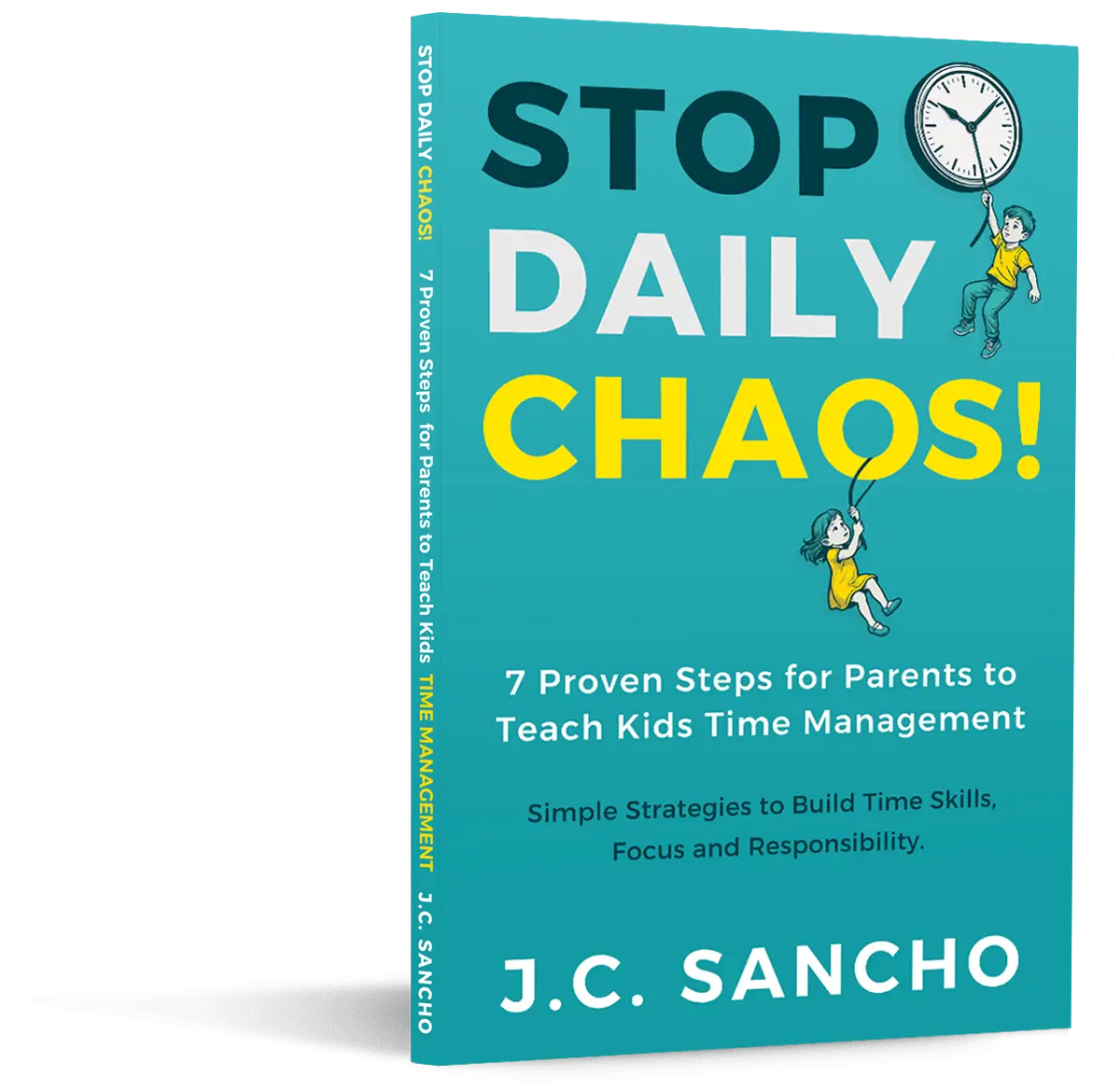Understanding and Addressing Toddler Hitting, Biting, and Aggressive Behavior
When your sweet toddler suddenly lashes out with a hit or bite, it can leave you feeling shocked and unsure about what to do next. You’re not alone in this experience; many parents grapple with toddler hitting, biting, and other forms of aggressive behavior. It’s important to remember that while these behaviors are challenging, they are also quite common in toddlerhood.
This phase of child development is characterized by intense curiosity and the exploration of boundaries. Toddlers often resort to physical aggression when they lack the verbal skills to express their feelings or negotiate conflicts. However, it’s important for parents to address this behavior promptly and consistently to guide their children towards healthier ways of expressing their emotions.
Let’s explore some strategies you can employ when dealing with toddler hitting and biting, both in the moment and afterward.
The Immediate Response: What to Do When Your Toddler Hits or Bites
The initial response is critical in teaching your toddler that hitting or biting is inappropriate. It’s essential not to react impulsively but instead take a measured approach. Here’s how:
Stay calm: Your first instinct might be to react with shock or anger. However, displaying strong negative emotions might inadvertently teach your child that aggression leads to attention. Instead, try taking deep breaths and maintaining a composed demeanor.
Show empathy: Kneel down at your toddler’s eye level and calmly explain why hitting or biting is not acceptable. Use simple language that your child can understand. For instance, say something like “Hitting hurts” or “Biting is not nice”.
Model appropriate behavior: Show them how they should act instead. If your toddler hit a playmate over a toy, for example, demonstrate how to ask nicely or wait their turn.
Redirect attention: After addressing the incident directly, divert your toddler’s focus towards a more positive activity. This can help diffuse the situation and prevent further aggression.
Navigating Post-Incident: How to Handle Toddler Hitting and Biting After the Fact
Addressing aggressive behavior doesn’t end with the immediate response. It’s important to continue guiding your child towards better emotional management even after the moment has passed. Here are some effective strategies:
Reinforce empathy: Use moments of calm to reinforce empathy. Read stories about characters who feel angry or frustrated and discuss healthier ways of dealing with such feelings. This can help your child understand that it’s okay to experience strong emotions, but how they react matters.
Teach alternatives: Regularly practice alternate responses to frustration with your toddler. Teach them words for their emotions and model calming techniques like deep breathing or hugging a soft toy.
Praise positive behavior: When you notice your toddler handling disappointment or anger well, praise them enthusiastically. Positive reinforcement can motivate your child to repeat good behavior.
Stay consistent: Make sure all caregivers are on the same page regarding how to respond to hitting or biting. Consistency is key in helping toddlers learn what is acceptable and what is not.
The Role of Patience in Managing Toddler Hitting and Aggressive Behavior
No matter how diligently you apply these strategies, change won’t happen overnight. Managing toddler hitting and biting requires patience from parents as children learn new behaviors at their own pace.
If you find yourself feeling frustrated or overwhelmed, it’s okay to take a break. Step away for a few moments to gather your thoughts and calm down. Remember that you’re modeling behavior for your child, and showing them how to handle strong emotions is part of that.
If aggressive behavior persists despite your efforts, or if it escalates and becomes a safety concern, don’t hesitate to seek professional help. A child psychologist or pediatrician can provide valuable guidance tailored specifically to your child’s needs.
Parenting a toddler comes with its share of challenges, but it also brings immense joy and fulfillment. It’s a season of life filled with growth—for both you and your little one—as you navigate these early years together.
Reflecting on the Journey: Toddler Hitting, Biting, and Growing Up
When we think back on our own childhoods, it’s often the emotional experiences that stand out—those moments when we learned something significant about ourselves or the world around us. As parents, we have the opportunity (and responsibility) to guide our children through their own emotional discoveries.
Toddler hitting and biting can be distressing for everyone involved, but these incidents also present learning opportunities. They are chances for us to teach our children about empathy, self-control, and communication—skills that will serve them well throughout their lives.
It’s not an easy task; it requires patience, consistency, and a lot of love. But the effort is worth it. Each small victory—a successful sharing of toys without conflict, a tantrum diffused with deep breaths—brings us one step closer to raising emotionally intelligent individuals.
So as you weather the ups and downs of parenting toddlers, remember this: You’re not just dealing with hitting or biting. You’re laying the foundation for your child’s emotional maturity. And every challenge overcome is a sign of progress on this remarkable journey.



